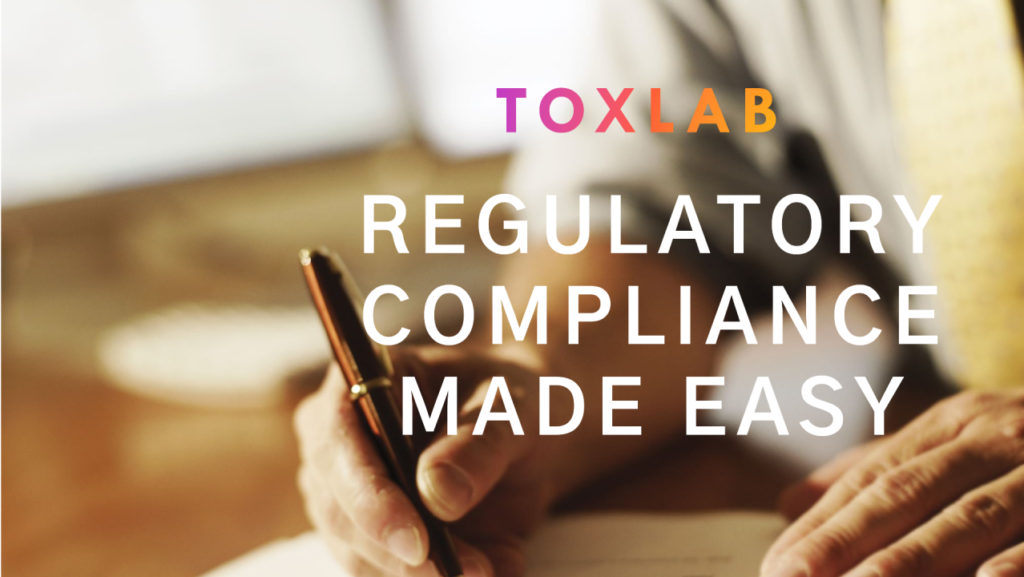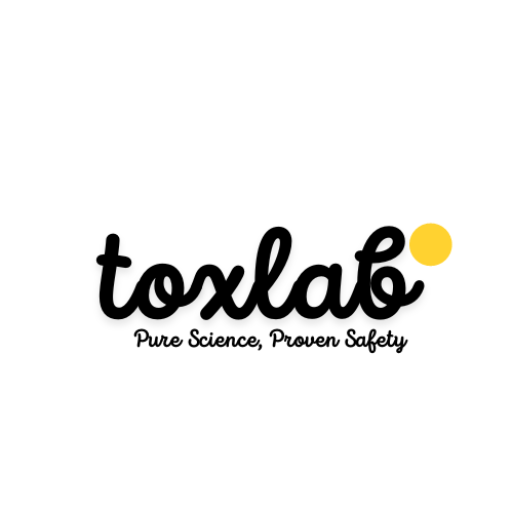Navigating the Complex Regulatory Landscape
The Rise of Regulatory Complexity
In today’s rapidly evolving business landscape, regulatory compliance has become a paramount concern for organizations across various industries. From pharmaceuticals and medical devices to technology and finance, businesses are grappling with a complex web of regulations that are constantly changing and becoming more stringent. This increasing complexity has led to a surge in demand for regulatory consultants, who possess the specialized knowledge and expertise to navigate these challenges.

Key Drivers of Growth
Several factors are contributing to the growing demand for regulatory consultants:
- Globalization: As businesses expand their operations across borders, they must comply with a myriad of international regulations. This necessitates the expertise of regulatory consultants who can help organizations understand and adhere to these diverse requirements.
- Technological Advancements: Technological innovations, such as artificial intelligence, biotechnology, and cybersecurity, are constantly pushing the boundaries of what is possible. However, these advancements also bring new regulatory challenges, requiring organizations to stay abreast of emerging regulations and standards.
- Increased Regulatory Scrutiny: Regulatory authorities are becoming increasingly vigilant in their oversight, particularly in industries like pharmaceuticals and finance. This heightened scrutiny has led to a greater need for regulatory compliance expertise to avoid costly penalties and reputational damage.
- Data Privacy and Cybersecurity Concerns: With the increasing volume and sensitivity of data being collected and processed, data privacy and cybersecurity regulations have become more stringent. Regulatory consultants can help organizations implement robust data protection measures and ensure compliance with regulations like GDPR and CCPA.
The Role of Regulatory Consultants
Regulatory consultants play a crucial role in helping organizations navigate the complex regulatory landscape. Their services typically include:
- Regulatory Strategy Development: Developing comprehensive regulatory strategies aligned with business objectives and risk tolerance.
- Regulatory Submissions: Preparing and submitting regulatory filings to relevant authorities, such as the FDA, EMA, or local regulatory agencies.
- Regulatory Compliance Monitoring: Continuously monitoring regulatory changes and ensuring ongoing compliance.
- Regulatory Due Diligence: Conducting thorough due diligence assessments to identify potential regulatory risks and compliance gaps.
- Regulatory Intelligence: Providing timely updates on regulatory developments and trends that may impact an organization’s operations.
- Crisis Management: Assisting organizations in responding to regulatory crises, such as product recalls or enforcement actions.
The complexity of Global Regulatory Compliance
The complexity of global regulatory compliance arises from the diverse and ever-evolving nature of these regulations across different jurisdictions. Factors such as industry-specific regulations, data privacy laws, labor standards, and environmental regulations can significantly impact businesses operating in multiple countries. Non-compliance with these regulations can lead to severe consequences, including hefty fines, legal actions, reputational damage, and even business closures.
To navigate this complex landscape, organizations must establish robust compliance frameworks. This involves:
- Identifying applicable regulations: Conducting thorough research to identify all relevant regulations in each jurisdiction where the business operates.
- Developing compliance policies and procedures: Creating clear guidelines and processes to ensure adherence to regulations.
- Training and awareness programs: Educating employees about compliance requirements and their responsibilities.
- Risk assessment and management: Identifying potential compliance risks and implementing measures to mitigate them.
- Monitoring and auditing: Regularly reviewing compliance activities to ensure ongoing adherence.
- Staying updated on regulatory changes: Continuously monitoring regulatory developments and adapting compliance measures accordingly.
Conclusion
Global regulatory compliance has become a major challenge for businesses operating internationally. The complex and ever-changing regulatory landscape, combined with the interconnected global economy, makes it increasingly difficult to stay compliant. Non-compliance can have severe consequences, including hefty fines, reputational damage, and legal action.
To mitigate these risks, organizations must prioritize compliance as a core business function. By integrating compliance into their operational strategies, businesses can ensure adherence to diverse legal and ethical standards. This proactive approach will not only help protect their reputation but also contribute to long-term sustainability.

#GlobalCompliance #RegulatoryCompliance #CorporateCompliance #RiskManagement #LegalCompliance #ComplianceStrategy #BusinessEthics #CorporateGovernance #compliance #regulatory #compliancemanagement #riskmanagement #governance #linkedin #business #futureofbusiness
Table of Contents
Toggle